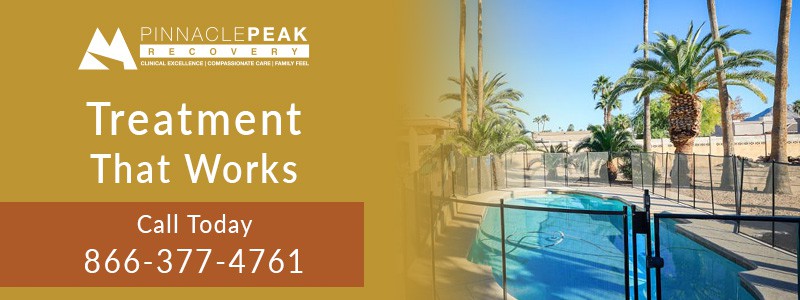If you’re dealing with a loved one who has an addiction to drugs or alcohol, figuring out how to get them treated for drug abuse may feel like a huge challenge. For many, it doesn’t make sense why a person would continue to choose drugs over his or her family. The reality is that drug addiction takes over. Your loved one is extremely sick, and unless you realize this, you may not be able to help them.
Understanding Addiction is an Illness
Addiction is an illness that’s extremely cunning, baffling and powerful. In fact, the government classifies addiction as a disease. It’s easy to look at someone who has an addiction and believe he or she is just making a series of bad choices. The fact is that there is a part of the brain that allows us to make the right choices instead of the wrong ones. Your loved one who has an addiction has a brain that doesn’t allow him or her to make the right choices.
This part of the brain is called the prefrontal cortex, and it’s actually the youngest part of the human brain. This is the part of the brain that separates us from the rest of the animals on earth. When it’s not functioning properly, a person loses the power to choose between drugs and real priorities. This also explains many of the other characteristics your loved one has in his or her addiction.
Some other symptoms based on a malfunctioning prefrontal cortex include:
- Lack of impulse control
- Poor emotional regulation
- Not feeling connected to others
- Lack of self-awareness
Why is It Important for Your Loved One to get Treated for Drug Abuse?
This is extremely important for a couple reasons. The first is that many people are ashamed of their addiction. They don’t want to get help because there’s such a stigma that people with addictions are morally bad. By understanding how the brain works, you begin to understand that your loved one has a sickness. Although the result of this sickness often ends in poor behaviors, it’s an illness nonetheless.
The other reason is that you need to understand that you’re not at fault for your loved one’s addiction. This is crucial for parents to understand because many parents carry around guilt for a child’s drug problem. If you’re a parent, you may often ask yourself, “What did I do wrong?” or “What could I have done differently?” The reality is that although childhood trauma sometimes plays a role, many individuals develop an addiction regardless.
Getting Help for Addiction
Pinnacle Peak Recovery offers rehab for people of all ages, including teen drug rehab. We have all the resources your loved one needs to overcome his or her addiction and begin a new life. We also want to encourage you to stay involved with the recovery process by supporting your loved one. Find out more about our addiction treatment programs and getting your loved one treated for drug abuse by calling us now at 866-377-4761.



